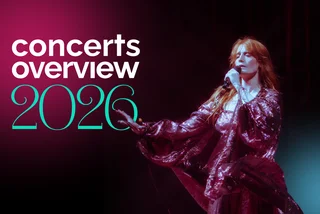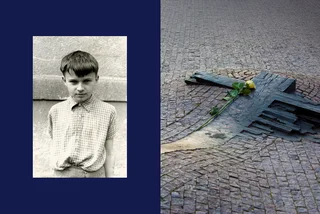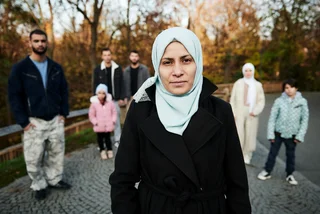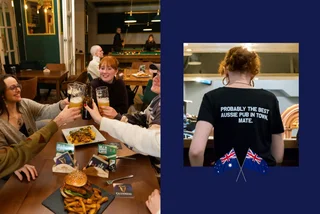In 2016, the Czech Republic faced an identity crisis. Officials found the country's full name clunky, especially compared to sleek France or Slovakia. A short form, Czechia, was introduced as easier for use on maps, in sports, and for branding. The goal? A neutral, geographic name, not a political label.
Detractors found it awkward, easy to mix up with Chechnya, or inaccurate, as the name seemed to leave out historic regions like Silesia. Still, Czechia was officially approved and registered with the UN, with the Czech Republic kept for formal use.
For all those anti-Czechias (pro Czech Republics?) who felt sidelined in the debate, a new chance to weigh in on the country’s image—if not the name itself—is at hand, or rather keyboard.
On Thursday, officials launched Dobré ráno, Česko (Good Morning, Czechia), a campaign inviting people to help shape a sharper, modern image to match its punchier name.
Feedback will guide a long-term strategy for how the world sees Czechia today.
No more stereotypes
Instead of starting with an easy fix like a name change or slogan, the campaign will begin with public surveys, in-person workshops, and pop-ups at summer festivals.
The project is backed by a broad coalition, from CzechInvest and CzechTourism to CzechTrade, the National Sports Agency, and the House for International Cooperation.
“We need need a good Czech brand, not just to increase exporters’ margins and the income of the Czech economy, not just a slogan that will attract tourists or investors, but something that will help us redefine Czechness and being proud of that,” said Martin Wichterle, from Wikov Industry and ambassador of the Second Economic Transformation.
Czechia is often associated abroad with its picturesque towns and beer culture but rarely with innovation, science, or safety. The project’s backers want to change that.
“Our goal is to show the world that Czechia is more than Prague and pilsner,” said Jan Michal, director of CzechInvest. “We want to be seen as a modern, confident, and innovative country where it makes sense to live, invest, and create.”
How do foreigners fit in?
According to Michal Uhl, Director of the House of Foreign Cooperation, the national agency for international education and research, Czechia has the potential to rank among the world’s most appealing countries—not only for visitors and investors but also for skilled students, professionals, and researchers.
“Until now, we’ve lacked a unified story to present our country globally and strengthen its position as a partner in international research and academic collaboration.”
Uhl notes that foreign students and graduates bring innovation, raise education quality, positively impact the economy, and contribute to society’s development.
“We want to show the world that Czechia is a modern, confident, open country with a high quality of life, where it makes sense to live, work, and do business.”
International image stuck in the past
Outdated stereotypes still weigh down the country's image, says Jitka Pánek Jurková, Director of Czech Centres. “While our traditional and contemporary culture is celebrated abroad, its impact would be even greater if supported by a clear, compelling national story.”
The project's end goal of a unified modern identity was inspired by similar initiatives initiatives in the Baltic states and Finland. According to campaign officials, out of every hundred euros visitors spend, up to 25 can be credited to successful branding.
The challenges, though, are hard to ignore.
According to research by the House of Foreign Cooperation, 51 percent of Germans couldn’t point to the Czech Republic on a map. Fewer than 40 percent of Brits, Germans, and the French linked the country with any kind of international engagement. And the name change doesn’t seem to have made much of a dent—just 29 percent of respondents could confidently tell the difference between Czechia and the long-defunct Czechoslovakia.
The public phase of the campaign is running now through autumn 2025. After gathering input, a team of experts will shape the feedback into a new, unified national story. If you’ve got thoughts on what that story should be, now’s your chance to speak up.












 Reading time: 3 minutes
Reading time: 3 minutes 


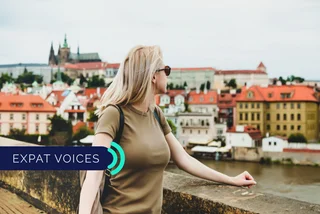
 English
(Proficient)
English
(Proficient)

















